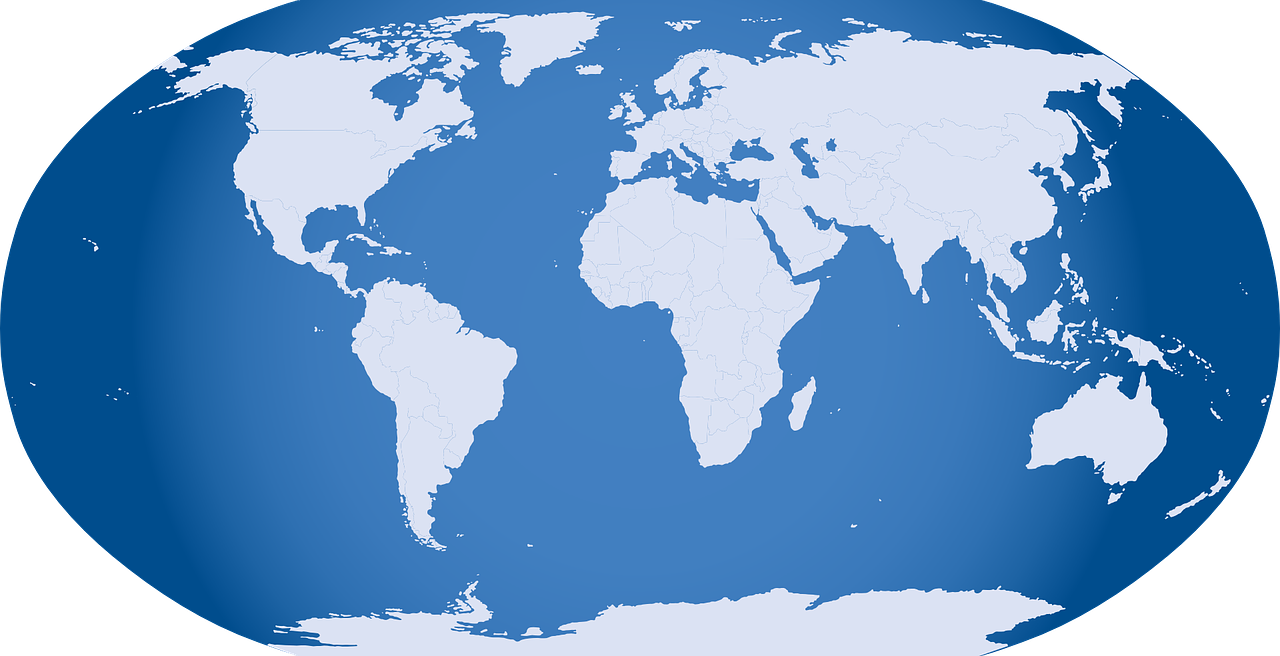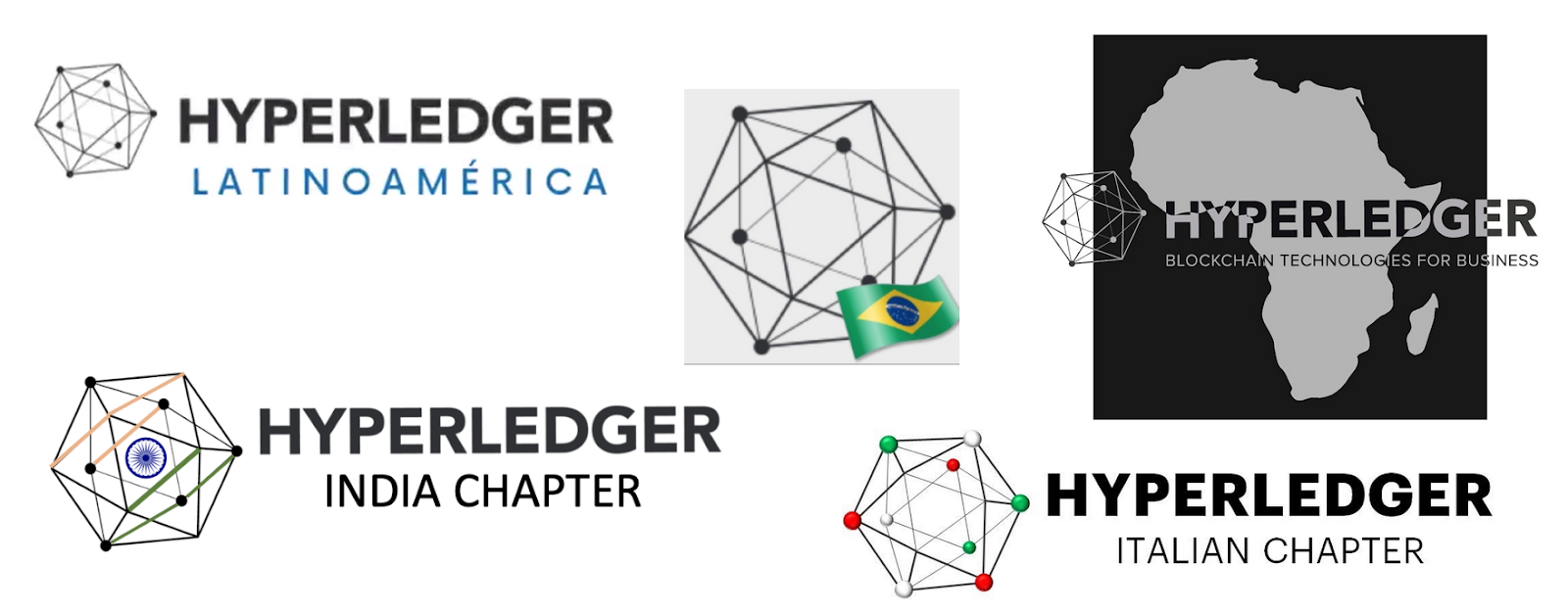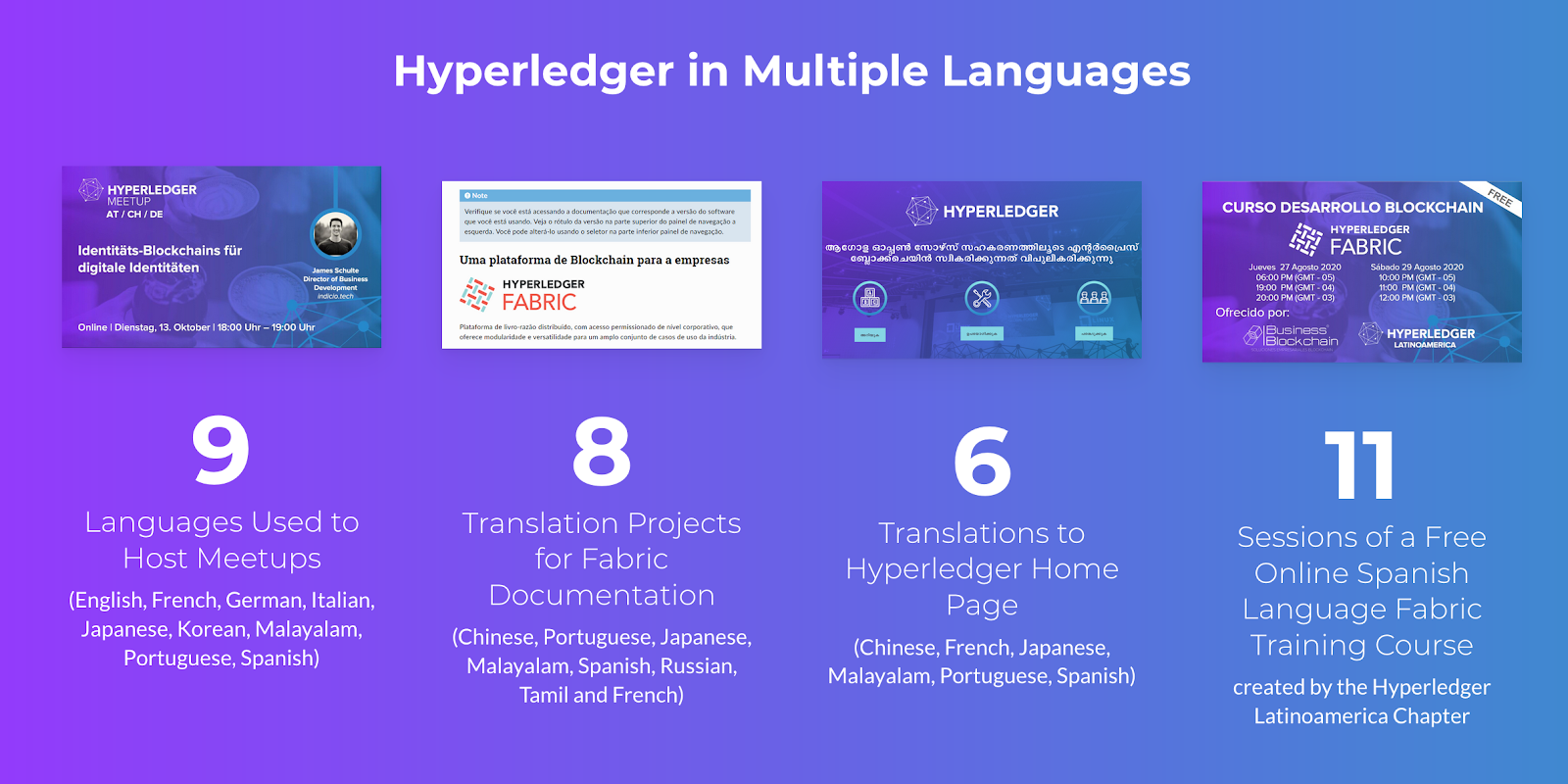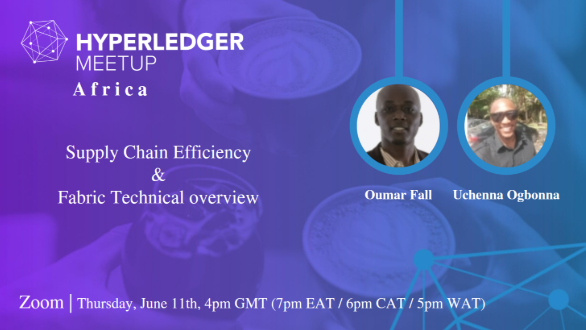
In a global community it is important to recognize that different people in different areas face different barriers. Perhaps the barriers to entry for English speakers in Silicon Valley with fast internet connections are very low, but what is the contribution experience for others?
Successful open source communities make sure that the barriers to entry and contribution are low. Even if your community has done work to make it easy to contribute and if many people have already gotten involved, there could still be many significant barriers that you don’t know about.
It can come as a surprise to find out that potential community members may think that your project is not inclusive and is a place where they are not welcome. Identifying and dealing with barriers on a regional level will help create a diverse community that includes contributors from around the globe.
Empowering and supporting people developing local, community-led efforts is the best path to addressing the needs of each region. Hyperledger community members have recently been forming regional chapters that bring together people of a common language, culture or geography to collaborate on activities that are relevant for people in those areas.
In just two years, we have launched the India, Brazil, Latinoamerica, Africa and Italian regional chapters. This post shares details about how these local chapters have dealt with some of the barriers to contribution that people in different parts of the world face. The structure of these chapters owes a lot to the regional community building that other open source projects, like Mozilla, have done.

Language barriers
Most people in the world don’t speak English, but most of the meetings, discussions, events and other Hyperledger community activities are conducted in English. This isn’t a barrier for English speakers, but it is a huge barrier for people who speak other languages.
The regional chapters have started to address this by creating material and having discussions in a range of different languages. Hyperledger’s 2020 Annual Report has a nice visualization of the community activities that happened in multiple languages last year, including meetups, training, documentation and more.

Cultural barriers
Hyperledger has created a Code of Conduct to establish what sort of behavior is acceptable and unacceptable in the community. However, there are times when people show up and violate those guidelines, and that is a barrier for people who experience that behavior.
As virtual meetings became the norm during the pandemic, so did the unfortunate by-product of “zoombombing.” This refers to the unwanted, disruptive intrusion, generally by Internet trolls, into a video-conference call. Unfortunately, we live in a world where some people do not respect people from other cultures, and we have had this happen to some community members.
Last year, members of the Hyperledger community in Africa ran a virtual meetup, and it was disrupted by people who dialed in to harass those who were trying to participate. Verbal abuse and inappropriate comments in the chat transpired, and the event had to be stopped. That meetup was rescheduled, and it went well. However, in the next meetup the same community in Africa organized, there were again people who dialed in and disrupted the event.

Those incidents drained a lot of momentum and enthusiasm from the community members who were organizing those events. In response, we changed how we configured the Zoom accounts used for community calls to filter out people seeking to disrupt events. With these safeguards now in place, the community in Africa is making plans to resume events in 2021. It is vital for Hyperledger to create an environment where these community members can contribute successfully if we are going to be a truly inclusive open source project.
Time zones and technical barriers
Whenever a community discussion happens in real time, whether on a call, at an event or in a chat channel, there will be people who have difficulty participating because of time zones. It is not unusual to be on a call where someone is joining in at midnight their time. There is no time of the day when everyone is awake and working, so this is a big challenge for open source communities. Real-time activities aren’t evenly distributed though, and a bulk of Hyperledger community meetings happen at a time that works well for people in Europe and the Americas.
The India Chapter has addressed the time zone issue by creating a wide range of meetings and events that happen at times that work well for the local community. Running these events and also having some community members participate in the global community activities provides an easier way for people in India to contribute and also maintain a bridge to the rest of the community.
Sometimes people can’t join in community discussions or activities at all because access to tools is restricted. Some countries, such as China, as well as some large companies block access to tools that are frequently used by community members, such as Zoom and Google Docs. And there are countries where the Internet infrastructure is not robust and stable, making it a challenge to join a live video call. In these cases, people in a region need to find alternate tools that can be accessed and then find ways to be a bridge to connect local activities with the rest of the community.
Get Involved
The Regional Chapters have become a great way for community members to connect, especially during the pandemic since we haven’t been running local in-person meetups. Increasing collaboration among areas in different regions has brought about greater participation and diversity to Hyperledger’s community.
Removing barriers to participation and expanding inclusion will always be a work in progress. There may be other barriers to entry in other regions that we haven’t identified yet as well as other examples of success stories. We welcome any feedback, suggestions, and lessons learned you have about how to make our community more diverse and inclusive for community members across the globe. A great place to share your thoughts on this is the Diversity Civility and Inclusion Working Group’s mailing list. Please feel free to subscribe to that list, introduce yourself and let us know what you think.
Cover image by Clker-Free-Vector-Images from Pixabay.
